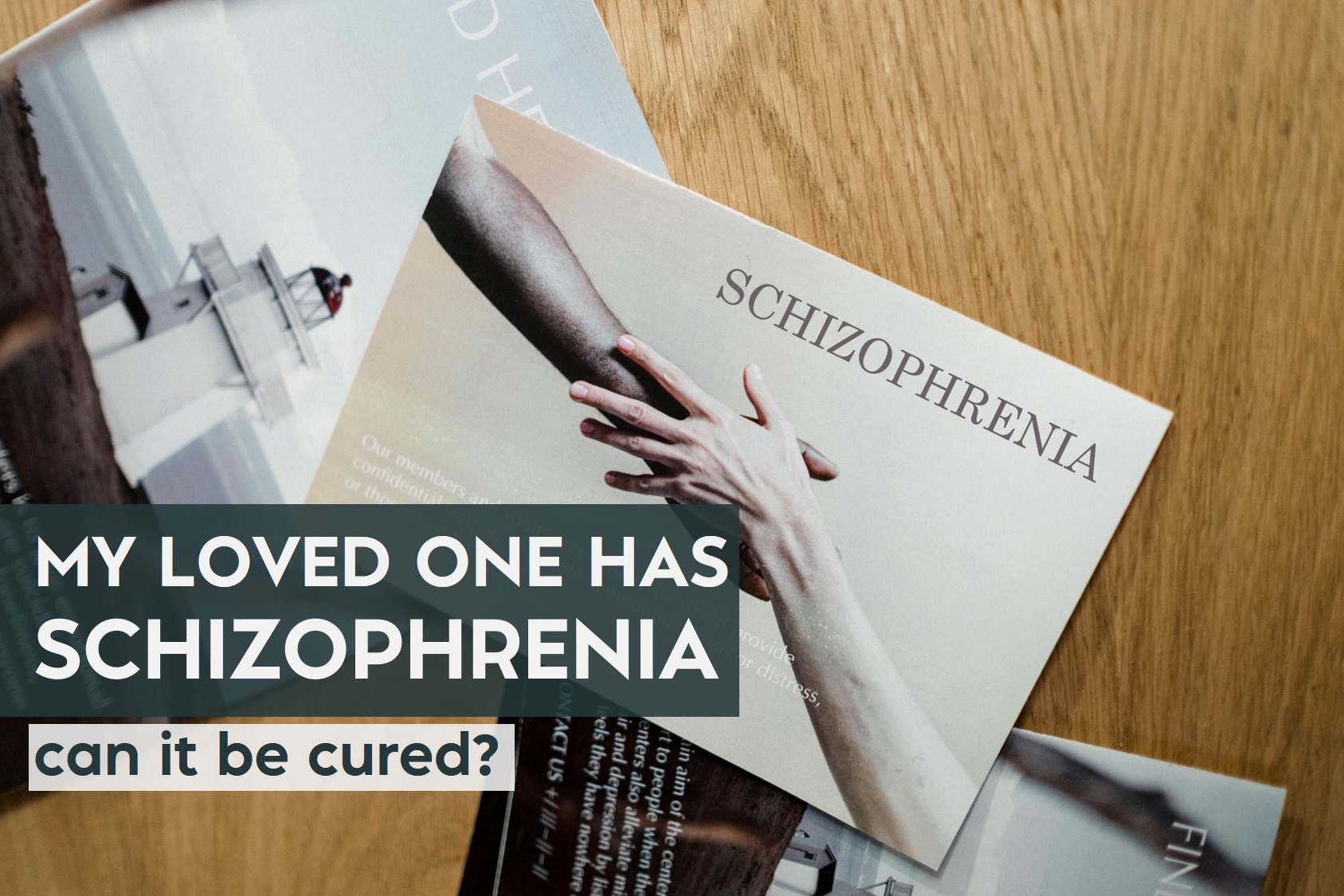My Loved one has Schizophrenia. There are good days and bad. Is there a permanent cure?
To begin with…
Schizophrenia is the prototype of mental illnesses. Conventionally it has been associated with images of people behaving strangely, being aggressive, being indecent etc. etc.
This blog post is not for someone who wants to learn more about Schizophrenia, it’s for those who have a loved one suffering from Schizophrenia.
My name is Dr. Parth Goyal and I am a Consultant Psychiatrist, specializing in adult psychiatry and neurostimulation.
For anyone who knows schizophrenia, knows that the illness is unpredictable and can be a handful. It’s an illness where the lines between what’s real and what’s imaginary get blurred very often. Patients with schizophrenia have no insight into their illness, meaning that these patients are not aware and do not accept that they have a mental illness. This poses a challenge to both treatment and future outcomes.
One of the most common questions that I get asked is:
- Sometimes he/she behaves absolutely normally and sometimes there is a complete change in the behaviour.
- Even on medicines, things are not completely normal.
- Does not resume daily activities, even after years of treatment.
- Can this be cured permanently?
Some uncommon aspects of Schizophrenia
Schizophrenia is a chronic and life long illness, with periods of ups and downs.
If a patient with schizophrenia were to never be treated, he would still go through phases of severe illness related symptoms and periods with no symptoms at all.
The reasons for treatment are as follows:
- The symptoms are most often unmanageable. They often include aggression, as the most common delusion in patients is that of paranoia and reference.
- The illness, if left untreated, tends to get very aggressive over time, necessitating hospitalisation and intensive management.
- Treatment has shown to be very effective in reducing symptoms and helping patients lead a near normal life.
If we were to leave schizophrenia untreated, then there would be:
- An increase in symptom severity
- Increase in number of episodes. It is also possible that the patient can remain in a psychotic state for an indefinite period, without spontaneously getting better
- Longer duration of untreated symptoms tend to be more resistant to medicines.
Hence for all these reasons it’s important to treat schizophrenia promptly and at the earliest.
How long will the medicines continue?
This is one of the most common questions is: “How long will the medicines continue?” To answer this effectively, it’s important to understand how schizophrenia affects the brain.
Schizophrenia, as per recent understanding, occurs due to excessive levels of Dopamine (a chemical in the brain, responsible for helping brain cells function properly). For anyone who has an advanced understanding of the illness, please refer to other blogs that talk about the mechanism in greater detail.
These increased Dopamine levels are responsible for delusions, hallucinations, disorganization and aggression which are the core symptoms of schizophrenia. Current medical advances cannot reduce these raised dopamine levels, but can block them from acting on brain cells and thus reduce the symptoms. Hence the need for medicines becomes indefinite or lifelong.
This is an important limitation of medical science currently.
SEE ALSO: How is treatment for psychiatric illnesses decided?
💡 However, having said that, the medicines available currently are very useful in controlling symptoms and reducing future relapses (repeat episodes).
In clinical practice, although we don’t recommend stopping the medicines, a lot of patients do stop the drug, for a number of reasons. What I have observed is a large interpersonal variation in the time period of relapse in patients. Some patients relapse (have symptoms again) within days and some patients may even take years to re-develop symptoms.
This is what causes the confusion in many relatives/caregivers of patients. Over a long period of time, due to burn out (both socially and financially) caregivers tend to believe that patients are doing this on purpose and it’s not a reflection of the illness.
💡I personally, as a Psychiatrist, want to reassure any care giver reading this blog, that Schizophrenia is a biological illness that happens due to multiple biochemical changes in the brain, which the patient cannot control.
Dr Parth Goyal
Takeaway…
The fact remains, that in all patients, in the absence of medicines, symptoms will reappear. It’s difficult to predict with certainty and accuracy, when they will reappear.
So, to answer the original question:
- Good days and bad days are a feature of schizophrenia.
- Need for regular, may be even life-long medicines is the only way to ensure a productive life and future for the patient.
I hope this blog has been helpful to you to understand this erratic nature of the illness better. Please feel free to get back to us regarding any questions.
Banner Image Source – www.pexels.com



